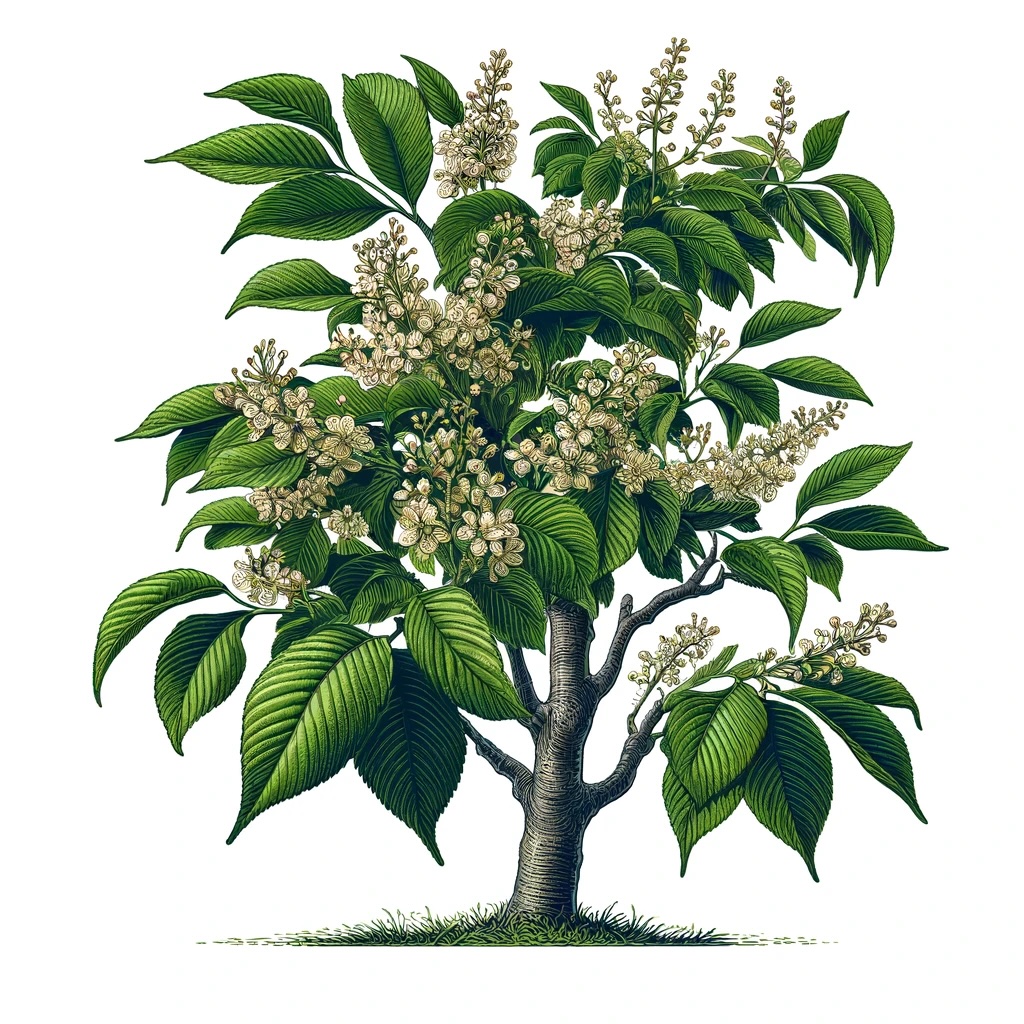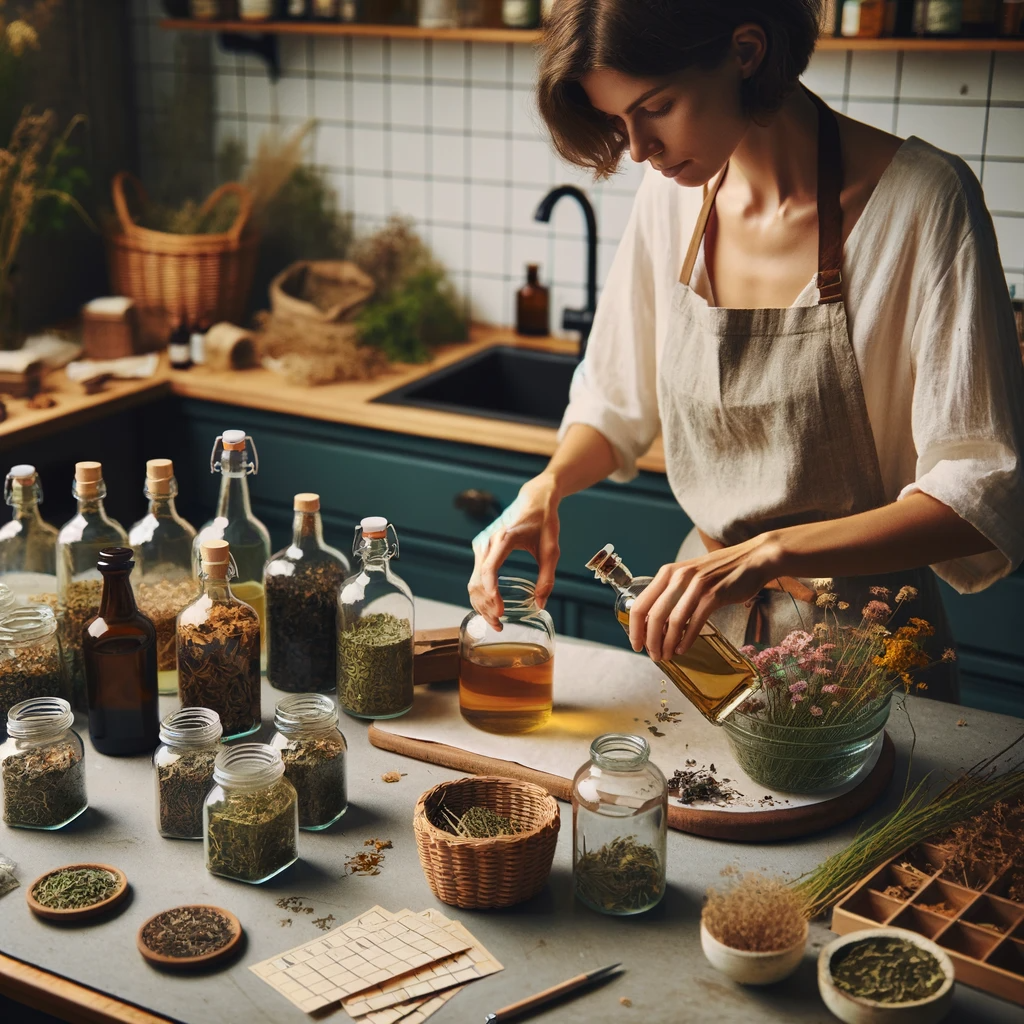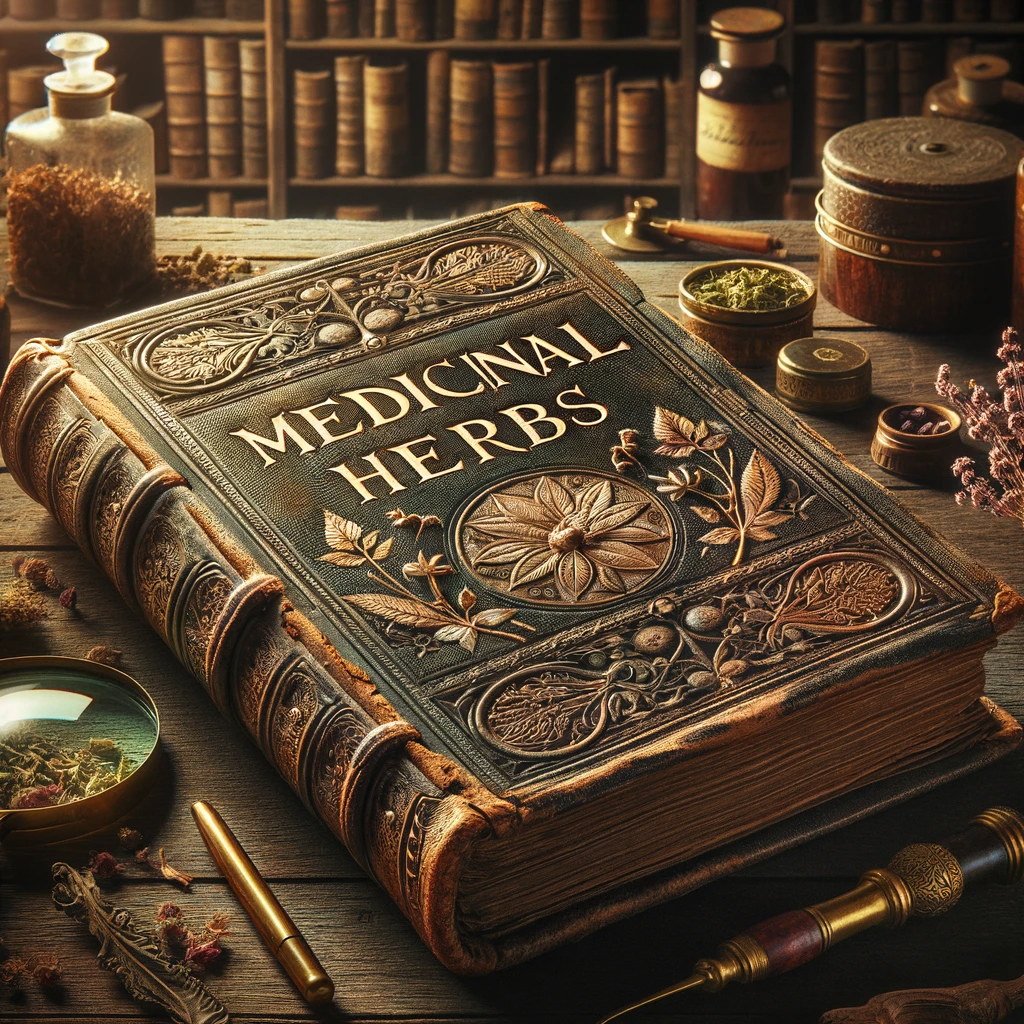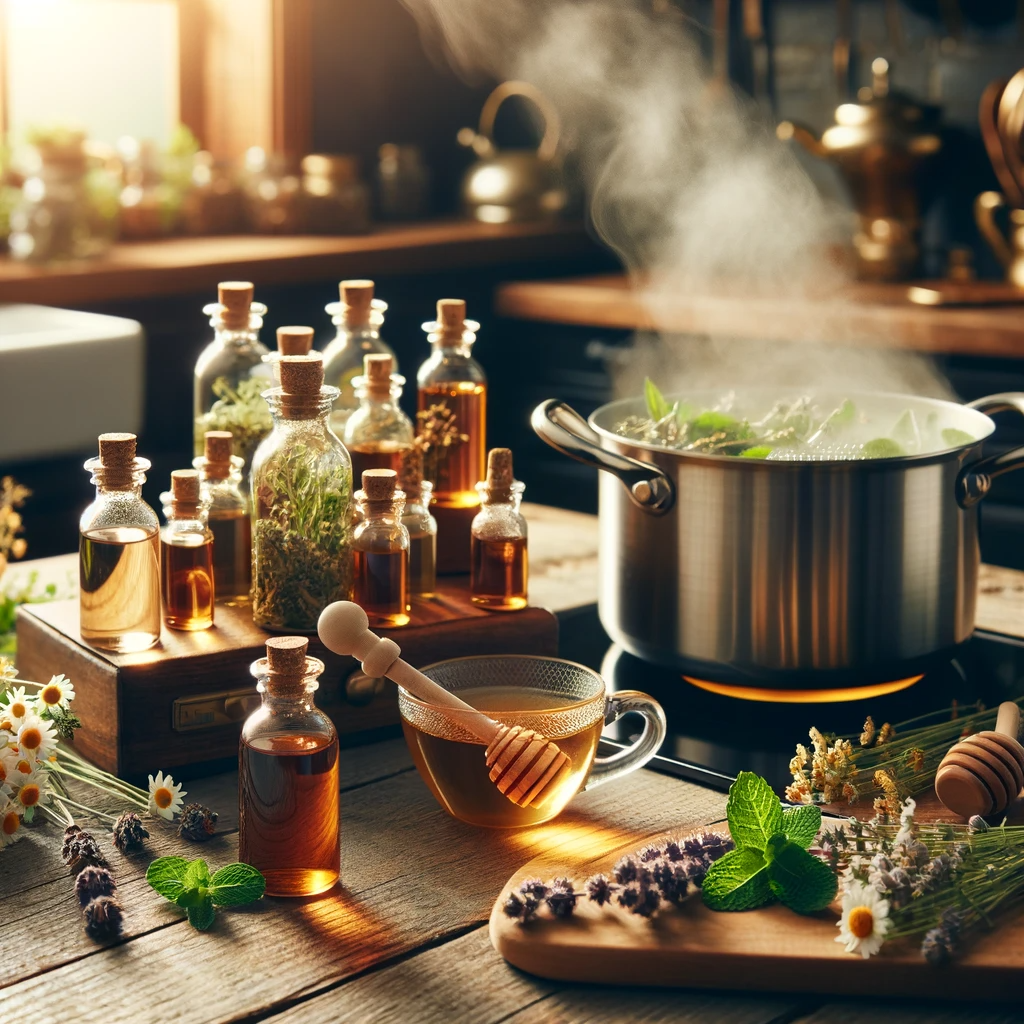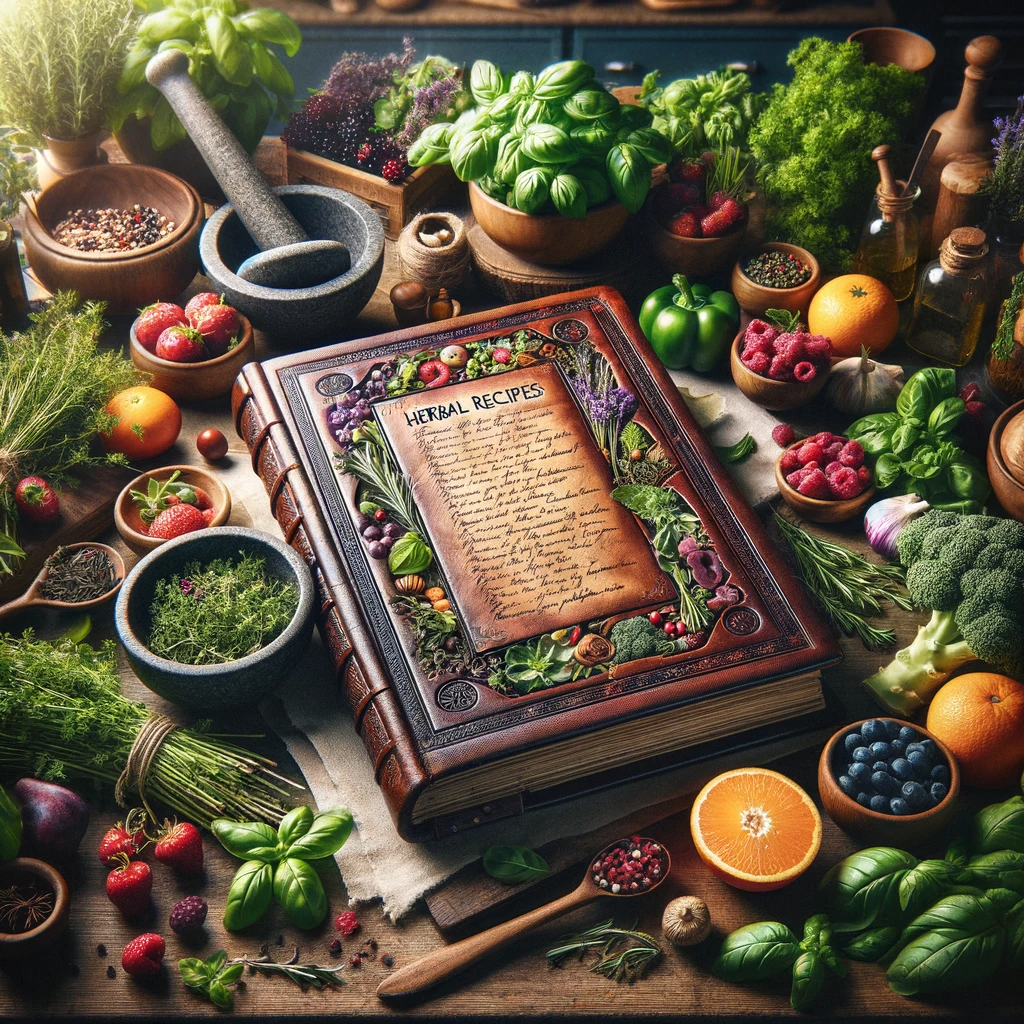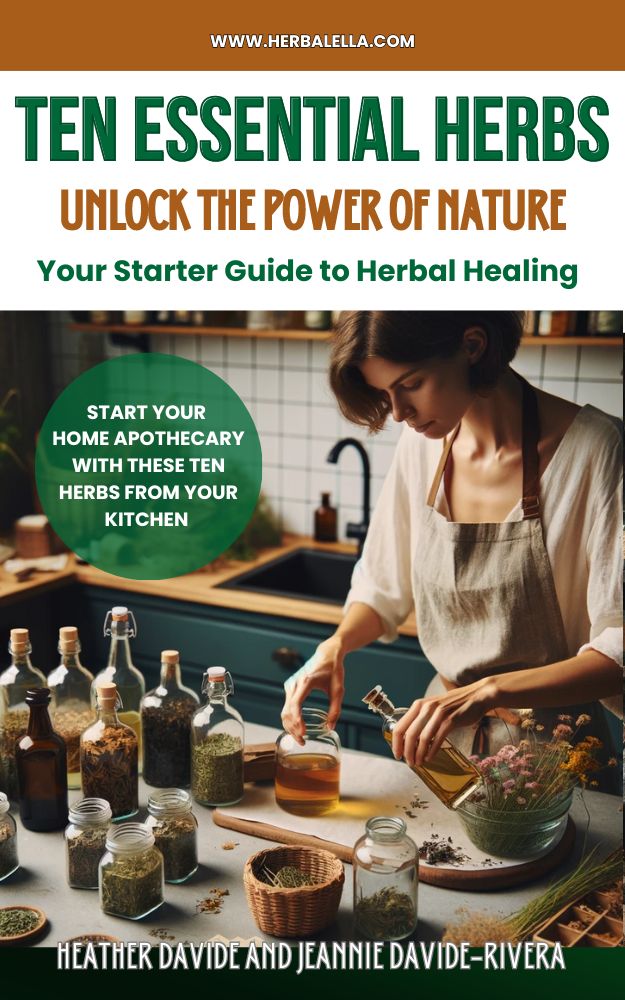This website contains affiliate links for products I use and love. If you take action (i.e. subscribe, make a purchase) after clicking a link, I may earn some tea money, which I promise to drink while creating more helpful content like this.
- Home
- Herb Index
- Elderberry Health Benefits
Elderberry: Nature's Immune Booster - An Herbalist’s Snapshot for Home Healing
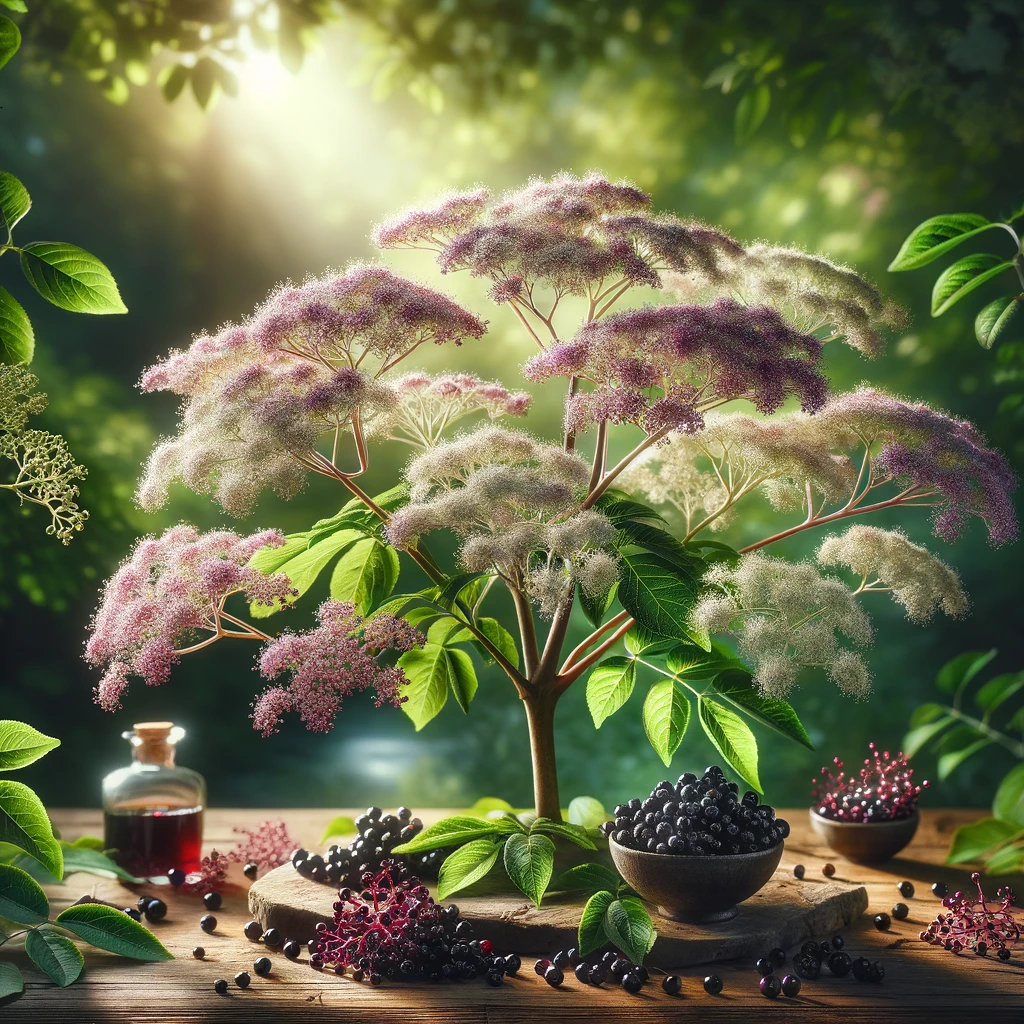
Elderberry: The Guardian of Immunity and Lore
In the dappled light of an ancient forest, elderberry bushes stand as silent sentinels with stories to tell. These guardians are steeped in mystique, woven into a tapestry of folklore where every berry is a dark jewel brimming with health and history.
Common Name: Elderberry
Latin Name: Sambucus nigra
Botanical Overview:
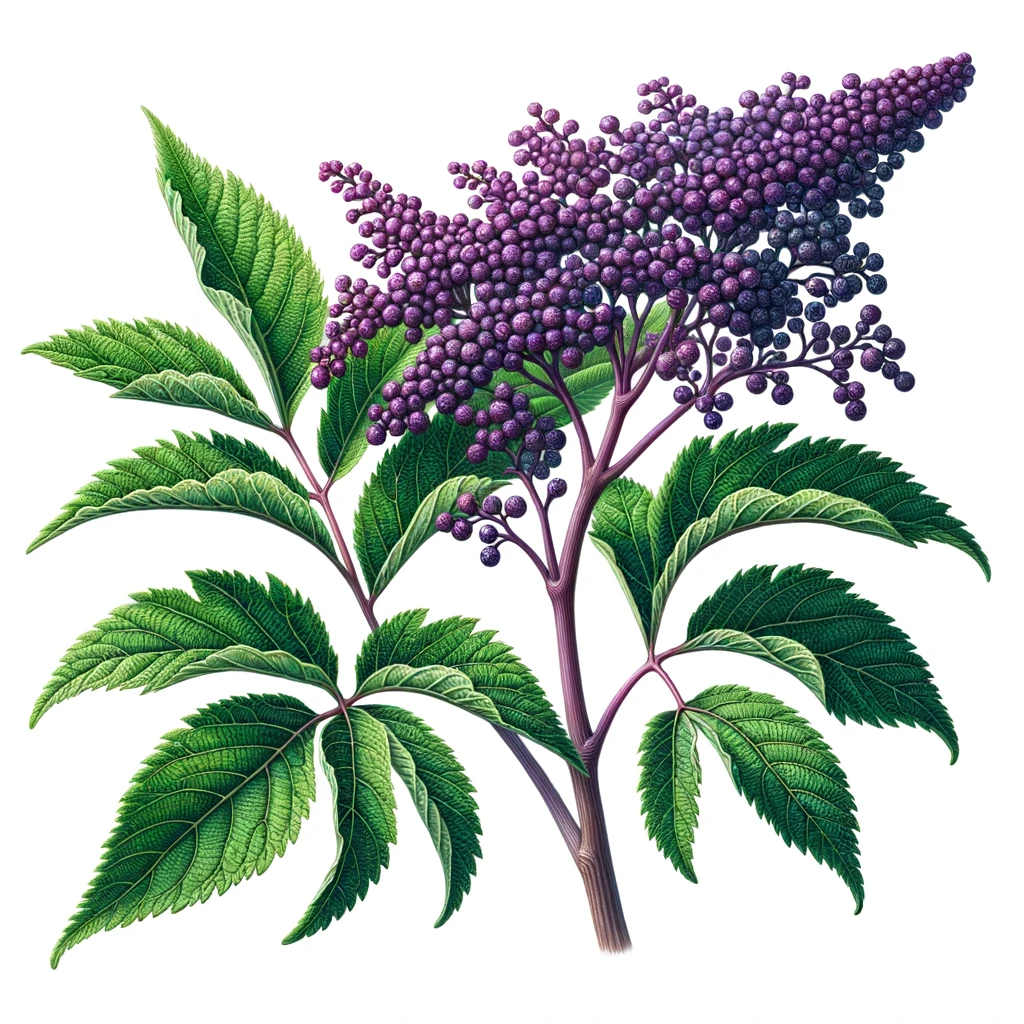
Family: Adoxaceae
Identification: Elderberry shrubs boast clusters of tiny, cream-colored flowers that give way to small, dark purple to black berries.
Habitat: Thriving in well-drained soils, elderberries are often found in woodlands and hedgerows across temperate to subtropical regions.
Harvesting: The ripe berries are typically harvested in late summer to early fall, with care taken to leave some for wildlife – and according to folklore -the fairies.
Elderberry in Natural Herbal Remedies and Herbal Medicine
The information provided on this website is for educational purposes only, and is not FDA approved. It is not to be considered health advice. Always do your own research and seek the guidance of a qualified healthcare practitioner before working with any herb. Herbal Ella is not liable for any action or inaction you take with the materials and information provided. Read here for more information.
Parts Used in Herbal Medicine:
Flowers and ripe berries are commonly used, while leaves and bark are used less frequently due to their stronger properties.
Herbal Actions:
Elderberry is renowned for its immune-enhancing effects and is also considered anti-inflammatory, diaphoretic, and antiviral.
Energetic Qualities: Elderberry carries a cooling energy, perfect for calming inflammation and fever.
Taste: The berries have a sweet-tart flavor, with an underlying earthy note, making them a favorite in syrups and cordials.
Common Preparations: Elderberries are versatile, crafted into syrups, teas, tinctures, and even incorporated into culinary dishes for both their flavor and health benefits.
Medicinal Uses:
Traditional: Elderberry has been a staple in folk medicine, often used to ward off colds and flu and promote overall respiratory health.
Modern : Today, studies support its use for boosting the immune system and shortening the duration of colds, among other benefits.
Contraindications:
**Safety:** Elderberries should always be cooked before consumption, as the raw berries contain compounds that can be toxic.
**Precautions:** Those pregnant, nursing, or with autoimmune conditions should consult a healthcare provider before use.
Herbal Ella’s Elderberry Recipes
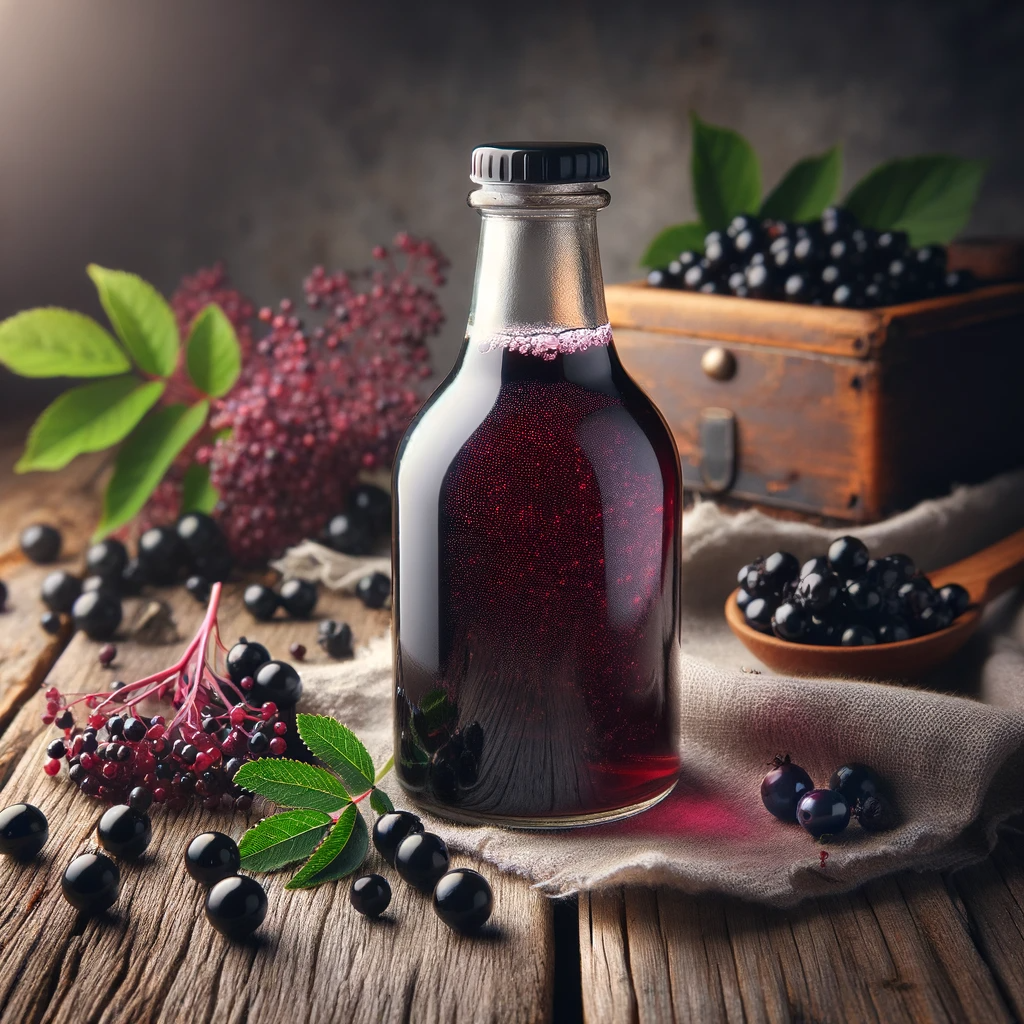
Featured Recipes:
Elderberry Immunity Syrup: A staple in any home apothecary, this syrup combines elderberries with ginger, cinnamon, and honey for a delicious immune boost.
Elderflower Tea Blend: Light and refreshing, elderflower tea is a gentle remedy for early signs of a cold.
Elderberry stands as a bridge between the old world and the new, between stories of wise women and modern science. Embrace the gifts of the Elder Mother in your kitchen, and let Herbal Ella guide you through the art and science of this remarkable berry.
Where to buy Elderberry?
Dried Elderberries can be found in many health food and Farmer's Market stores like Sprouts, from local apothecaries--or from reputable online retailers.
References & Resources
Further Reading: Dive deeper into the world of elderberries with studies from the Journal of Herbal Medicine and historical anecdotes from traditional herbal texts.
Browse more Natural Remedies and Recipes by Herbal Ella
Recent Articles
-
Wild Cherry Monograph: Wild Cherry: Nature's Respiratory Ally
May 02, 24 04:52 PM
Discover the healing potential of Wild Cherry with our comprehensive monograph. Explore its benefits and uses for respiratory health. -
DIY Herbal Remedies for Respiratory Health
May 02, 24 03:46 PM
Explore easy DIY herbal remedies for respiratory health with Herbal Ella. Learn to make teas, tinctures, and more to breathe better naturally -
Understanding the Respiratory System - Anatomy and Functions
May 02, 24 03:23 PM
Discover the respiratory system's anatomy and functions with clear visuals and simple explanations to keep you breathing healthily
* Privacy Policy * Disclaimer *

